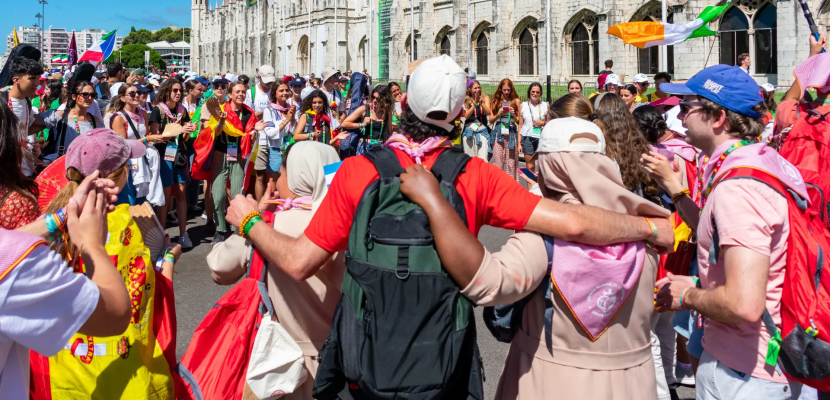
World Youth Day 2023

About this good practice
- What is the problem addressed and the context which triggered the introduction of the practice? How to keep the city of Lisbon clean with a threefold population increase, inherent to the WYD event
- How does the practice reach its objectives and how it is implemented? In order to develop a solution, we had to think and elaborate a plan according to the expected present population by location and its waste typology production. We had to have a global action plan, but as well a detailed plan for each location and a detailed mapping of events and areas of greatest impact. The waste sorting was, for us, a priority. And so, we have had to make a definition of deposition equipment and collection frequency and of the necessary human resources and optimization of circuits, tasks definition, and optimization of existing equipment and elaborate a contingency plan for possible strikes.
- Who are the main stakeholders and beneficiaries of the practice? Lisbon’s Municipality, Local Organizing Committee of the Catholic Church
Resources needed
In addition to Lisbon Municipality’s employees, we had to hire 300 extra workers. We also made an acquisition of extra equipment; large capacity transport and storage equipment, large deposition capacity equipment, small capacity equipment and 10 small electric vehicles.
Evidence of success
The Lisbon Municipality Waste Management Department’s team meticulously anticipated a support model for waste collection and removal, encouraging as much separation as possible. The total waste collection numbers from Parque Tejo show that the success rate in separating Urban Waste was 72%, well above the average for daily selective collection in Lisbon:
- 52% packaging
- 11% paper
- 9% biowaste
Only 28% of waste was collected in an undifferentiated manner.
Potential for learning or transfer
The initiative to address the challenge of keeping Lisbon clean during the World Youth Day 2023 event holds significant potential for learning and transferability to other contexts. Events where large gatherings of young people occur present an opportune moment to raise awareness about behaviors aligned with environmental sustainability, particularly regarding waste generation.
Understanding the population influx and the types of waste produced is crucial for effective waste management, especially in events with sudden population increases. Developing both global and local action plans ensures comprehensive coverage of waste management strategies. By tailoring plans to specific locations and considering local factors, similar approaches can be replicated in other cities or events facing similar challenges. Prioritising waste sorting and optimising collection processes are fundamental for efficient waste management.
